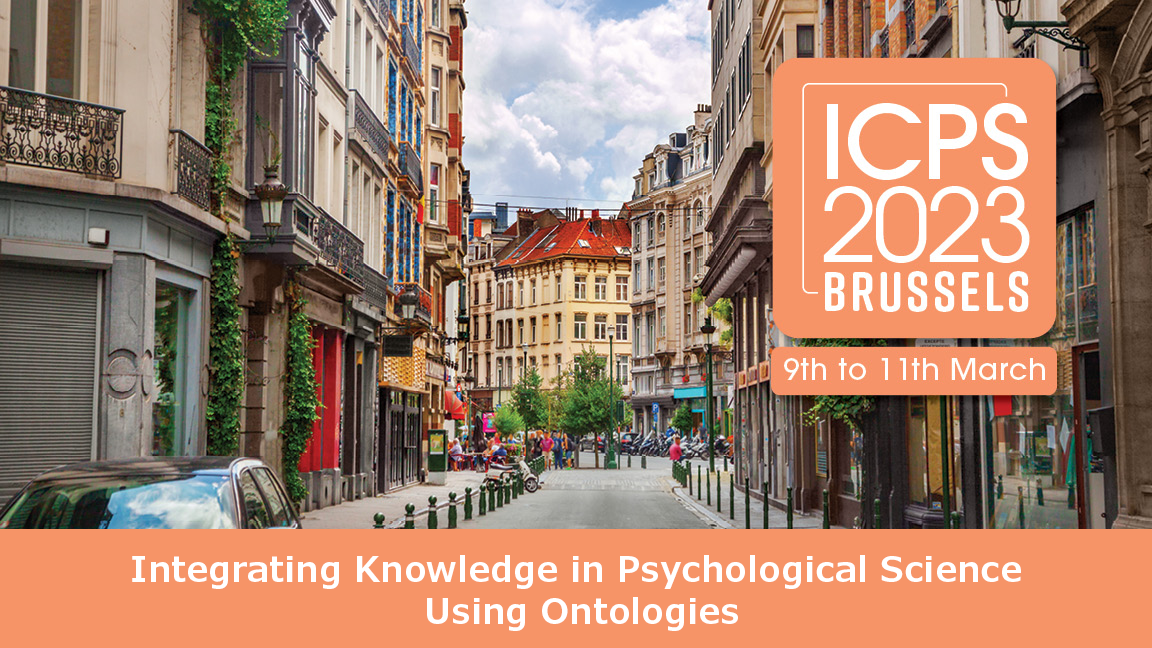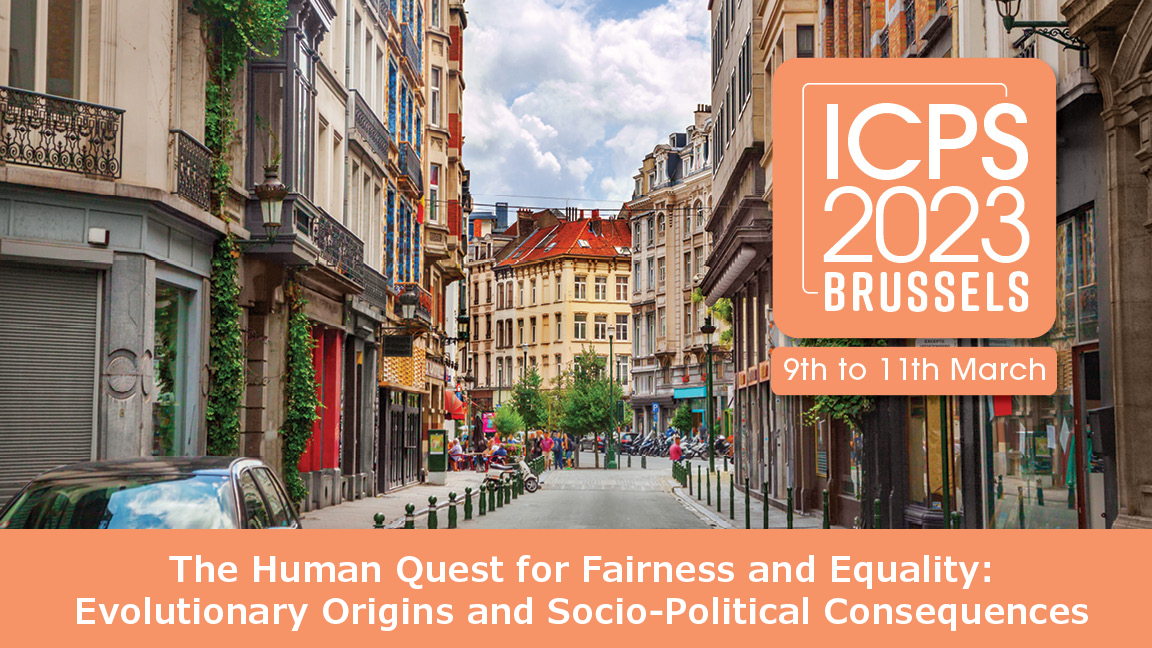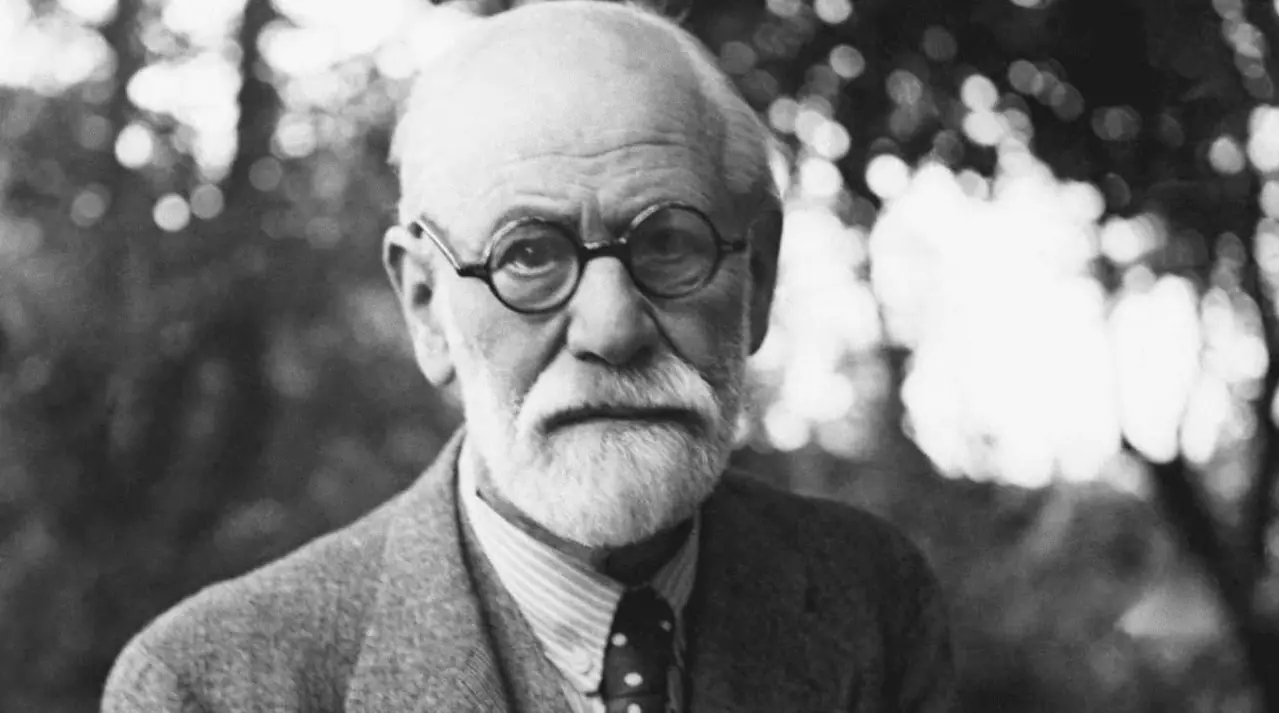Introduction:
The field of psychological science continually evolves as new research findings emerge and our understanding of human behavior deepens. To facilitate the integration and organization of this expanding knowledge, ontologies have become valuable tools. In this keynote address, we explore the use of ontologies in psychological science and their role in integrating knowledge for a comprehensive understanding of human psychology.
Please log in to view this content. Note that this video is only available to those who registered for ICPS 2023.
Keynote speaker: Susan Michie, University College London, United Kingdom
Psychological science has a crucial role to play in addressing the challenges facing humanity. Its vast and rapidly growing body of evidence can inform the development of interventions to improve well-being, but a lack of consistent and shared terminology hampers evidence integration and knowledge advancement. “Ontologies” provide a shared scientific vocabulary for reporting research findings, readable by both humans and computers, enabling automated knowledge synthesis, outcome prediction, and inference across contexts.
In her talk, Michie presents the “Behaviour Change Intervention Ontology,” which has the potential to dramatically enhance evidence integration and knowledge development using hybrid human-computer systems, thereby accelerating scientific advancements.
Michie’s talk presents the “Behavioural Change Intervention Ontology,” a tool that can be used to improve evidence integration, knowledge development, and hybrid human-computer systems.
Videos:
ICPS 2023 Videos >
-

Keynote Address: Integrating Knowledge in Psychological Science Using Ontologies
Susan Michie presents the “Behaviour Change Intervention Ontology,” which has the potential to dramatically enhance evidence integration and knowledge development using hybrid human-computer systems, thereby accelerating scientific advancements.
-

Keynote Address: The Human Quest for Fairness and Equality: Evolutionary Origins and Socio-Political Consequences
Ernst Fehr shows that individuals cluster around three global, fundamentally distinct, preference types characterized as altruistic, inequality averse, and predominantly selfish—with the selfish type typically comprising a minority of individuals.
-

Keynote Address: Blood, Sweat, and Tears: Human Social Chemosignaling in Health and Disease
Noam Sobel describes his findings on mechanisms of human chemosignaling in both health and disease. Based on these findings, he argues that, in contrast to common notions, humans are highly olfactory animals, and body-odors dominate our social behavior.

Offered by our Wellcare World friend at
Association for Psychological Science
Trending Also -> Physiotherapy Terahertz Technology TeraMD
Wellcare World specializes in providing the latest advancements in wellness technology, supplementation, and lifestyle changes that improve health and increase the quality of people's lives. To learn more, visit WellcareWorld.com and begin living a better life today.
Share Us With Others









APS regularly opens certain online articles for discussion on our website. Effective February 2021, you must be a logged-in APS member to post comments. By posting a comment, you agree to our Community Guidelines and the display of your profile information, including your name and affiliation. Any opinions, findings, conclusions, or recommendations present in article comments are those of the writers and do not necessarily reflect the views of APS or the article’s author. For more information, please see our Community Guidelines.